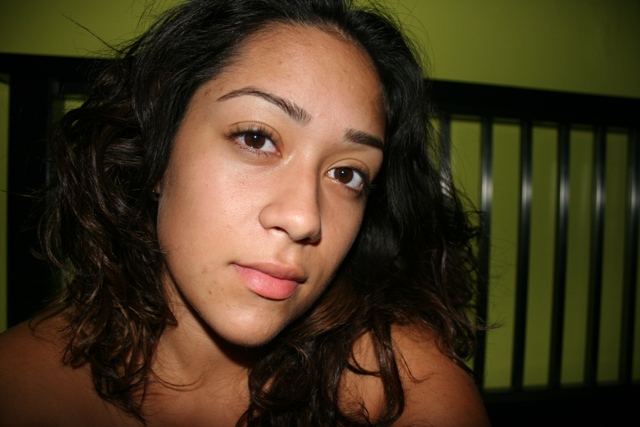There are moments in your life when you know what you’re doing will alter your path forever. For me, one of those moments was when I first started volunteering at a domestic violence shelter as a 19- year-old.
I had always been a feminist, and had grown up hearing the declaration that “it’s a man’s world” from my grandmother more times than I could count. The hands-on part of feminism came to call for me when I started shelter work.
In the 22 years since working at that first shelter, I have worked to end domestic violence in varying capacities. Most recently, I have come back to to the work through the documentary film, Private Violence.
Ten years in the making, Private Violence is a feature-length documentary that explores a simple but deeply disturbing fact of American life: the most dangerous place for a woman in America is her own home. Every day in the US, at least four women are murdered by abusive (and often, ex) partners.
Through the eyes of two North Carolina survivors – Deanna Walters, a mother who seeks justice for the crimes committed against her at the hands of her estranged husband, and Kit Gruelle, an advocate who seeks justice for all women – we bear witness to the complicated reality of intimate partner violence.
I am a new board member at Women AdvaNCe and the impact strategist for Private Violence. I do both because I love connecting with advocates, survivors, and this movement. I want to help change the conversation and the culture of misogyny. Private Violence has its roots in our state — as do the film’s subjects Deanna and Kit and film director Cynthia Hill. It is a film that tells heavy truths, calling out the injustice of our “justice system” when it comes to domestic violence.
Private Violence was filmed over the course of a decade, so we have a lot of footage from before it evolved into the story that was picked up by HBO at Sundance Film Festival in 2014. When I came on board the project, I aspired to use more of that footage to create training and social media-based shorts.
Recently, we reached out to Bev Gooden of Charlotte, NC. Gooden is the creator of the #WhyIStayed movement that went viral as survivors spoke out after the Ray Rice assault last September. Bev has fiercely and eloquently kept this movement going. Within two months, over 187,000 people tweeted with #WhyIStayed, giving voice to the incredible power of survivors. Last month, we interviewed Bev to round out a training piece we had been pulling together.
As a result, we bring you “Why We Stayed.” This 7-minute video includes interviews with several domestic violence survivors, bravely discussing their specific reasons for staying and calling out society’s issue with asking the wrong question. The problem is not why we stayed. The problem is why partners are abusive and what our culture does to condone misogyny, power, and control.
October is Domestic Violence Awareness Month. Please use this short video to start conversations in your community, with your coworkers, with your family, and in your classrooms. Please share it on Facebook and tweet it with #WhyIStayed and #EndPrivateViolence. Help us change the conversation. We must call out batterers on THEIR behavior. We must validate survivors’ experiences.
For more information on the film, go to >>www.privateviolence.com .
>> Janeen Gingrich has worked in the non-profit sector for more than 20 years and is now a full-time capacity building and development consultant. She lives in Durham, NC with her husband and daughter, Zora. For more about her work, see >>www.janeengingrich.com.
Janeen Gingrich has worked in the non-profit sector for more than 20 years and is now a full-time capacity building and development consultant. She lives in Durham, NC with her husband and daughter, Zora. For more about her work, see >>www.janeengingrich.com.


There are no comments
Add yours